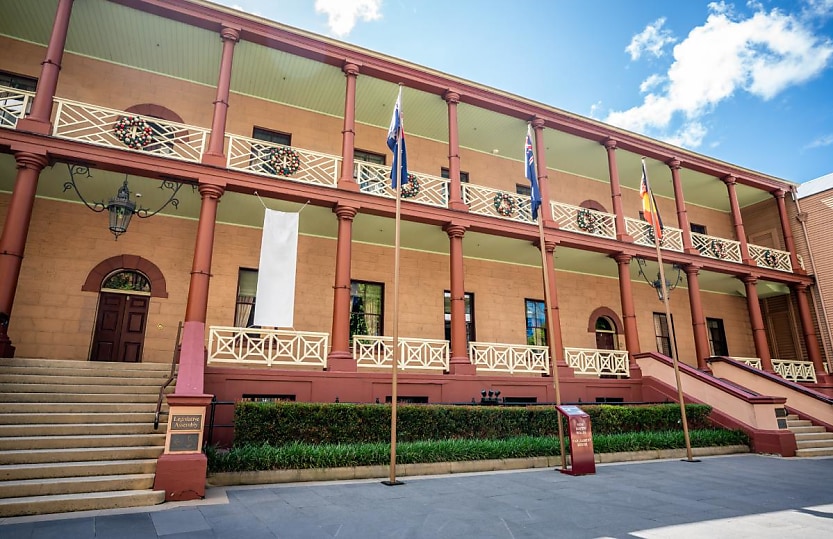Payroll tax ruling ‘financially devastating’ for dental practices, warns ADA

The NSW state revenue ruling on payroll tax for medical centres will severely impact private dental practices with 60 per cent expected to be affected, the Australian Dental Association cautions.
The NSW payroll tax ruling on medical practices will be financially devastating for dentists and force a reduction in services, according to the Australian Dental Association (ADA).
The ADA warned that the move by state revenue offices to update an interpretation of an existing payroll tax law would penalise dentists and result in increased fees and even practice closures.
In August, the NSW government said it would pause medical centre payroll tax audits for 12 months to consult and the ADA urged the government to rethink the guidance that suggested dental practices might need to make provisions for payroll taxes of up to 6.85 per cent dating back five years.
Under the Revenue Office ruling, independent contractor dentists working under a service facility agreement might be deemed employees for the purposes of payroll tax, leading to sudden and retrospective liabilities for practice operators, ADA said.
ADA NSW estimated as many as 60 per cent of dental practices in the state could be subject to payroll tax under the ruling and they would have little option but to charge patients more.
“Dentists haven’t passed on fee increases despite rising operating costs,” ADA said. “The ADA’s Dental Fees Survey shows that on average, fees charged by general dental practitioners increased by only about 2.14 per cent between 2017 and 2022 – a period in which inflation increased by 14.5 per cent.”
Regional NSW would be hit especially hard, with over 23,000 people on the regional, rural and remote public dental waiting list.
Dr Kate Amos, an ADA NSW member with a Coffs Harbour-based dental practice with three full-time dentists and one part-time, said access to regional health services was already an issue.
“The waiting lists in our area are now over three months, which is just not workable when people are in pain,” she said. “We have the space to take on another dentist but can’t do so because payroll tax is triggered.”
“Similar to general practice medical clinics, for every dentist there are usually at least two support staff, so payroll tax is triggered for a lot of clinics as soon as they [have] three doctors or dentists.
“Many areas need more than this number to service their area, but we also know it’s better for patient care if you can combine these services and share the load rather than having three separate clinics.
“Until we get better clarity that the government will honour previous service and facility interpretations, our hands are tied, and the long waiting lists remain.”
Dr Amos said the government encouraged general practices to move towards a group practice model that led to better patient care outcomes, and dentistry followed suit.
“The problem now is that the government is now turning around and penalising this same model and a lot of regional clinics that are not super huge are being hit the hardest by this,” she said.
“Some practices are being hit with years of retrospective tax bills because the government has reinterpreted the way a service and facility agreement is viewed.”
The ADA said that general medical practice and dentistry were already struggling with significant increases in supply and staffing costs.
“We still have all of the compliance requirements of hospitals in terms of infection control, training and support, but very little government support,” the association said.
The ADA NSW said it is calling on the government to retain the current rules and the interpretation of how they are or exclude health.
“This will help ease healthcare costs for patients and improve access in regional areas and encourage more oral health practitioners to serve rural and remote communities,” it said.
About the author

